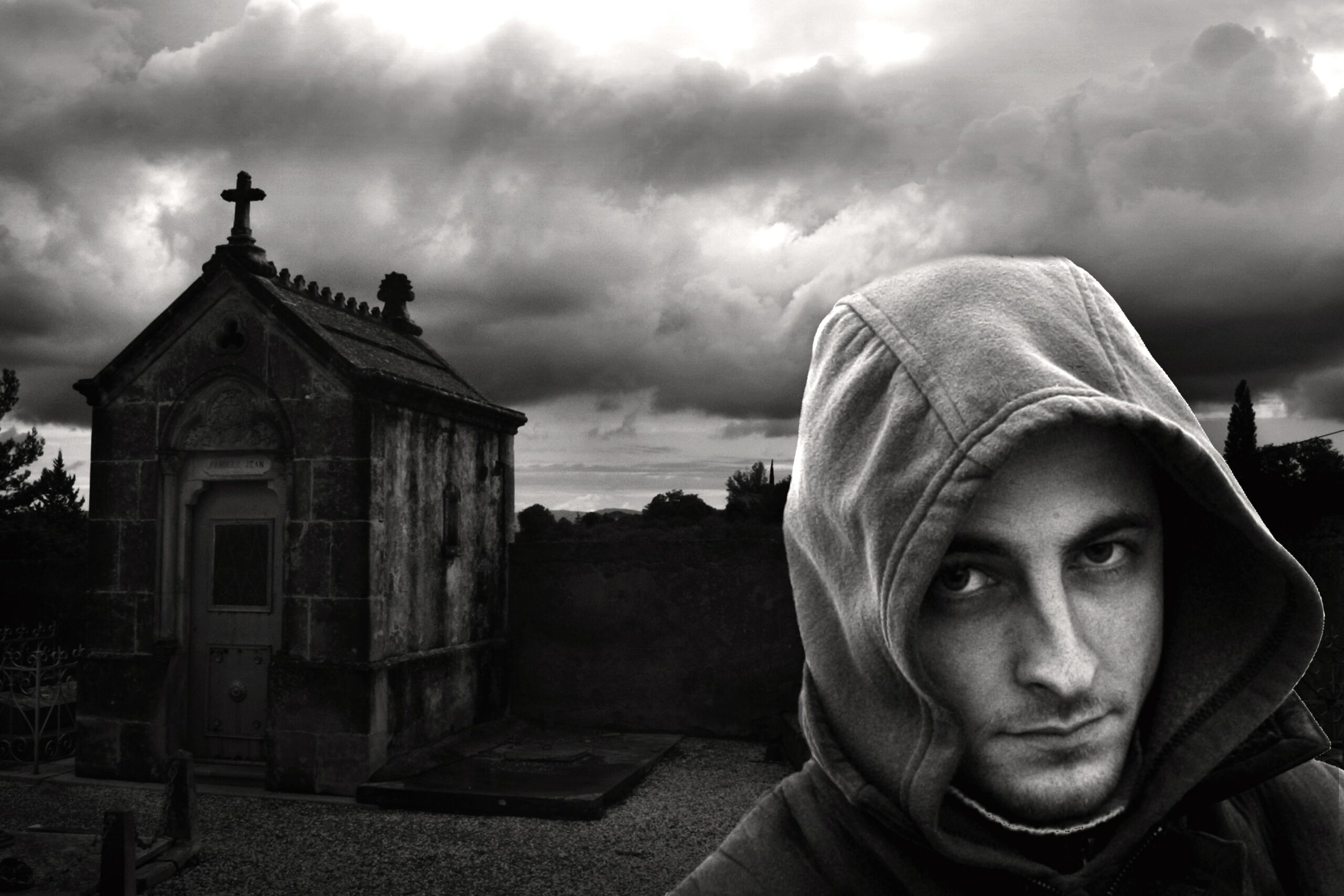When you google “top 5 stressors for marriage,” you get a lot more than 5 stressors. Things like finances, a new job, moving, in-laws, children, health crisis, poor communication, and major changes are just a few. But when you combine in-laws, health crisis, finances, moving, and major changes into one avalanche, like moving an aging […]
Anxiety
Articles about Anxiety from Lori Calabrese, M.D. | The Ketamine Blog
When you feel that sense of dread or uneasiness about something in the present or in the future, that’s anxiety. Everybody feels that way at some point. An interview for a job, meeting your fiancee’s family, a major exam…. But for some people, the unpleasant dread can be overly intense and ongoing. When it’s so intense that it interferes with your life, causing you to miss work, or miss social opportunities… then it may be a disorder. These articles about anxiety shed light on the difference between moments of anxiety, and a lifetime with a severe, debilitating disorder.
Anxiety can be as mild as a transient feeling of butterflies, or so intense and overpowering you think you’re having a heart attack so you call 911.
Types of anxiety disorders:
1. Social anxiety
is the overpowering and relentless fear of being watched and judged by others. It can cause you to feel afraid to meet new people, to believe everyone in the room is talking about you, and to feel intensely self conscious in the presence of others. This is a serious mental health condition that can prevent you from interviewing for jobs or excelling at the one you have, or from meeting new people and building relationships.
2. Postpartum anxiety
This is emerging as a serious disorder in woman, at least as prevalent as postpartum depression. It can express symptoms like panic, fear of harming the baby, poor bonding with baby, obsessive worrying, inability to eat, sleep, or relax. Also, it can include the obsessive fear the panic will never resolve.
3. General anxiety disorder
obsessive and continuous worry about one’s health, work, social contacts and interactions, as well as daily routine circumstances and experiences…that repeat almost every day for at least six months.
4. Panic Disorder
Characterized by repeated and overwhelming panic attacks with accelerated pounding heart rate, sweating, trembling, shortness of breath, and feelings of impending doom. Often brought on by triggers, but not always. The attacks lead to a fear of the attacks, and a driving desire to avoid them, which can often lead to agoraphobia.
5. Test anxiety
Irrational dread of testing in spite of being well prepared. The anxiety can rise until the person’s displaying symptoms of panic like accelerated heart rate, headache, nausea and sweating. Can result in the mind going blank, and general functioning shuts down.
6. Phobia-related disorder
Agoraphobia – fear of enclosed public spaces, fear of open spaces
Arachnophobia – fear of spiders
Acrophobia – fear of heights
Dentophobia – fear of dentists
Claustrophobia – fear of enclosed, confined spaces
Aerophobia – fear of flying
Aquaphobia – fear of water
Zoophobia – fear of animals
Coulrophobia – fear of clowns – (not officially recognized but widely claimed)
7. Separation anxiety
Occurs in children and adults, and expresses as fear of being apart from people to whom they’re attached. They often worry that something terrible will happen to the person they’re connected to, and so avoid separation from that person as well as avoid being alone.
8. Selective mutism
A rare disorder in both children and adults where people don’t speak in specific situations, even though they have well developed language skills. It’s often associated with extreme shyness and fear of social embarrassment, and usually begins before the age of five.
9. Obsessive -Compulsive Disorder (OCD)
Considered to be connected to anxiety disorders, but there is controversy as to whether it belongs here. At the very least, that person who suffers from OCD has feelings of anxiety and usually feels powerless to control the intrusive thoughts they have, or their reaction to them.
This is not an exhaustive list, but rather examples of anxiety disorders.
Treatment of Anxiety Disorders
Some people suffer from a cluster of anxiety disorders and mood disorders combined, while some struggle with only one. Since anxiety disorders are best treated for the specific diagnosis, the more complex a person’s condition is, the more complex it may be to treat.
Transcranial Magnetic Stimulation (TMS)
demonstrates promising outcomes for some types of anxiety. Cognitive behavioral therapy shows the most promising outcomes as a form of psychotherapy. Psychotherapy combined with anxiolytic medicines, serotonin reuptake inhibitors (SRIs) and serotonin norepinephrine reuptake inhibitors (SNRIs) can be helpful, as well.
IV ketamine treatment has demonstrated favorable outcomes in some patients with some types of anxiety. Social anxiety can be debilitating and interfere with the desire to build life, family, and career. Ketamine treatment is one of the most effective treatments for social anxiety. There is exciting work being done with OCD patients and ketamine treatment also.
We invite you to continue reading the following articles about anxiety by Lori Calabrese, M.D.
Did You Get Fired? How to Move Forward After a Severe Blow

Ryan blew out a breath. He felt like the walls were closing in on him. He’d been working at this company for 9 years, and for some time now, he didn’t feel like he was contributing his best work. He didn’t know what was wrong, but he just didn’t have good ideas like he used […]
How Ketamine Can Put Your College Student Out Front Again

Ethan was in his second semester of his first year in college. The new had worn off, and the classes were getting harder. He hadn’t had to work that hard to do well in high school and being challenged felt more like being overwhelmed. He studied hard for chemistry, but he really struggled to get […]
Do Parents with Social Anxiety and Panic Pass It On to Their Kids?
School is starting. Teens are beginning their academic year in junior high, high school, and college. Exciting and a little scary… for parents too. Do parents with social anxiety and panic pass it on to their kids? Anxiety disorders run rampant for this age group. General anxiety, social anxiety, and panic plagues many teens, along […]
Anxiety, Panic, and Depression in Teens: IV Ketamine Offers Hope
Anxiety. Some people never struggle with it. A little bit of anxiety for them can be a motivator to study for a test, practice lines for a play, or learn math. Those who experience small spurts of anxiety can often perform very well. But when anxiety grows out of bounds it’s no longer motivating. When it […]
PTSD Permeates Our World with a State of Post Traumatic Stress

Since the Uvalde, Texas shooting at Robb Elementary on May 24 where 22 people were killed and 18 wounded, 40 more mass shootings have occurred in this country. As we spoke about in our post Shooters are Terrorizing Us, people who hear or read about these terrible events struggle to make sense of them, and […]
Shooters Are Terrorizing Us

Shooters are Killing People We have a tradition in this country of excusing and explaining away the actions of a terrorizing shooter by declaring him mentally ill. We’re talking about shooters—the ones who open fire in a crowded public space and gun down the innocent. I hesitate to enter this dialogue but I feel compelled […]
Building Confidence in Your Capabilities: Put First Things First

Twenty-year-old Jake felt listless, really somewhat lost, truthfully. He had led a confusing life of trying to take classes his counselors and parents told him to take, joining organizations that were recommended to him. But never being able to sink his teeth into anything. Nothing seemed like it mattered. Whether it was classes or sports or charity […]
Feeling Anxiety About Ukraine? How Long Will It Last? What Will Putin Do Next?

Remember what you were doing when the planes crashed into the World Trade Center? Or when President Reagan was shot? Well, what about when Putin invaded Ukraine..? Which time, you ask? For real. That’s a good point. When world changing events occur, they make a lasting impression that stays with us, often for the rest […]
Indicators for Postpartum Depression May Protect Moms and Babes

In addition to the suffering a new mother experiences from postpartum depression, the baby is at risk for lower IQ, increased likelihood of ADHD, slower language development, and increased risk of behavior problems and other psychiatric disorders. Indicators for postpartum depression — or risk factors, as we might call them — can be identified and […]